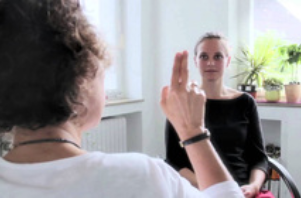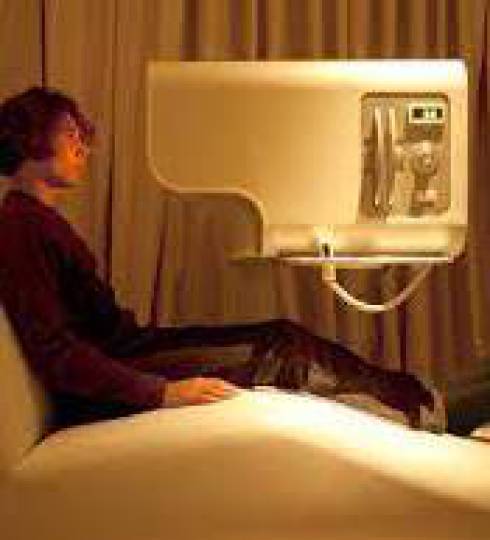Treatments
Cognitive Behaviour Therapy
Cognitive Behaviour Therapy enables you to face your present situation and create strategies to improve your quality of life. We help you to challenge the way you think and devise better ways of addressing your problems.
CBT is effective for the treatment of a variety of problems, including mood, anxiety, personality, eating, substance abuse, and psychotic disorders. The National Institute for Health and Clinical Excellence (NICE) recommends CBT as the treatment of choice for a number of mental health difficulties, including post-traumatic stress disorder, OCD, bulimia nervosa, and clinical depression.
Solution Focused Therapy
Solution Focused Therapy empowers you to recognize and identify the skills, strengths, and abilities you possess, allowing your self-esteem and self-confidence to blossom and grow.
By helping you identify negative and positive aspects of your life, we assist you in constructing a concrete vision of a preferred future for yourself. We aid you in identifying times in your current life that are closer to this future, and examine what is different on these occasions. By bringing these small successes to your awareness, and helping you to repeat these successful things, we encourage you to move towards the preferred future you have identified.
Marital Therapy and Family Therapy
Problems are rarely isolated, but are often the result of relationship problems in a marriage, partnership or family. We draw upon the strengths and commitments that exist within the family to improve communication and understanding, allowing you to overcome difficulties.
Family therapy uses discussion and observation to study the relationships between members of a family group, rather than the specific problems of the individuals. Depending on the issues of the group, we may review past incidents and suggest alternative ways family members might have responded to one another during it. Alternatively we may observe patterns of interaction that the family might have not noticed, which may be sources of conflict within themselves. We aim to produce a more cohesive and stronger relationship between the group - the family or the couple.










